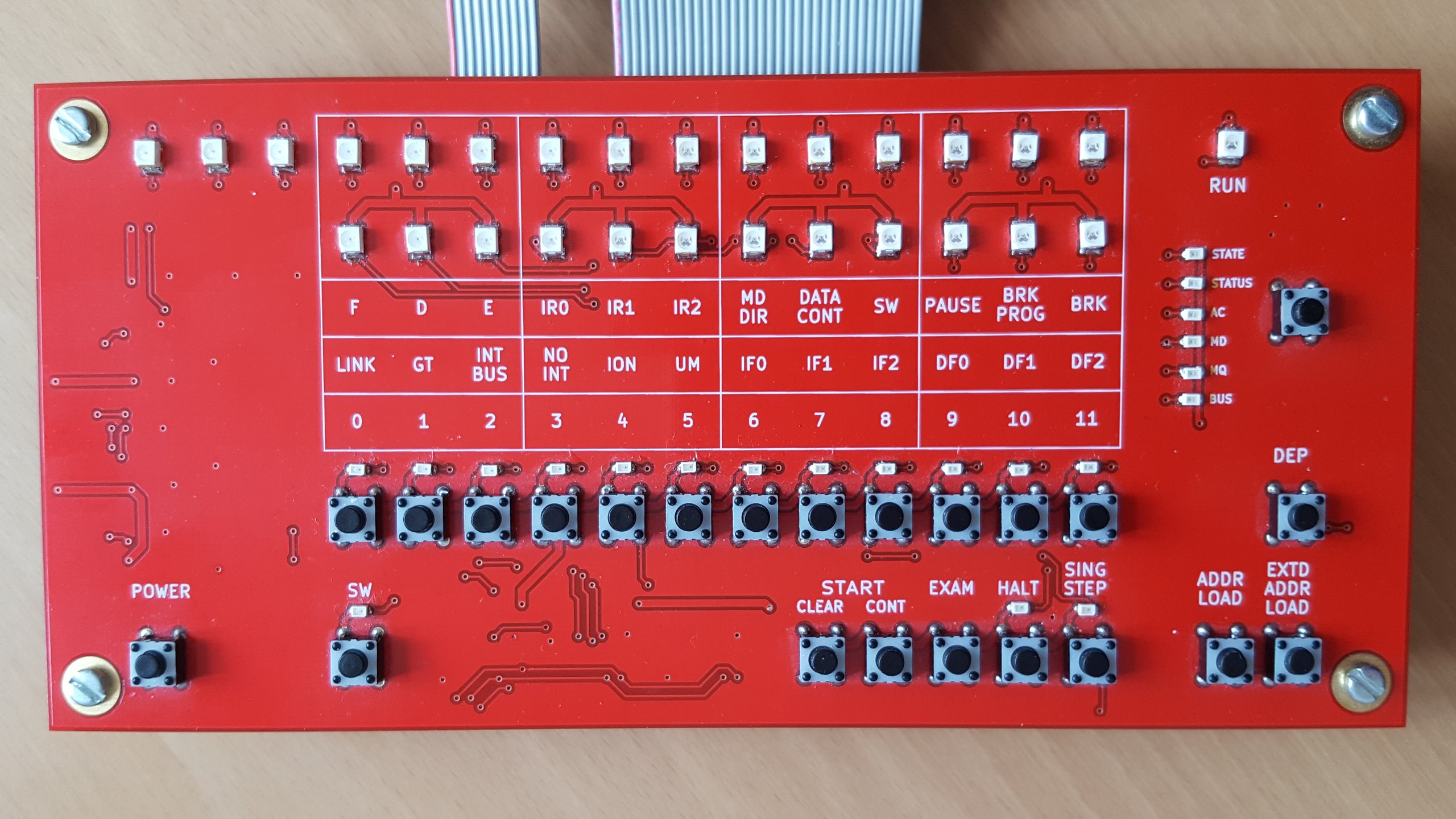It has been a few years since Debian last had a working
VHDL simulator in the archive. Its
competitor Verilog has been covered by
the iverilog and verilator simulator packages, but
GHDL was the only option for VHDL in
Debian and that has become broken, orphaned and was eventually removed. I have
just submitted an ITP to make my work on it
official.
A lot has changed since the last Debian upload of GHDL. Upstream development
is quite active and it has gained free reimplementations of the standard library
definitions (the lack of which frustrated at least two attempts at adoption of
the Debian package). It has gained additional backends, in addition to GCC it
can now also use LLVM and its own custom mcode (x86 only) code generator.
The mcode backend should provide faster compilation at the expense of lacking
sophisticated optimization, hence it might be preferable over the other two for
small projects.
[Read More]
